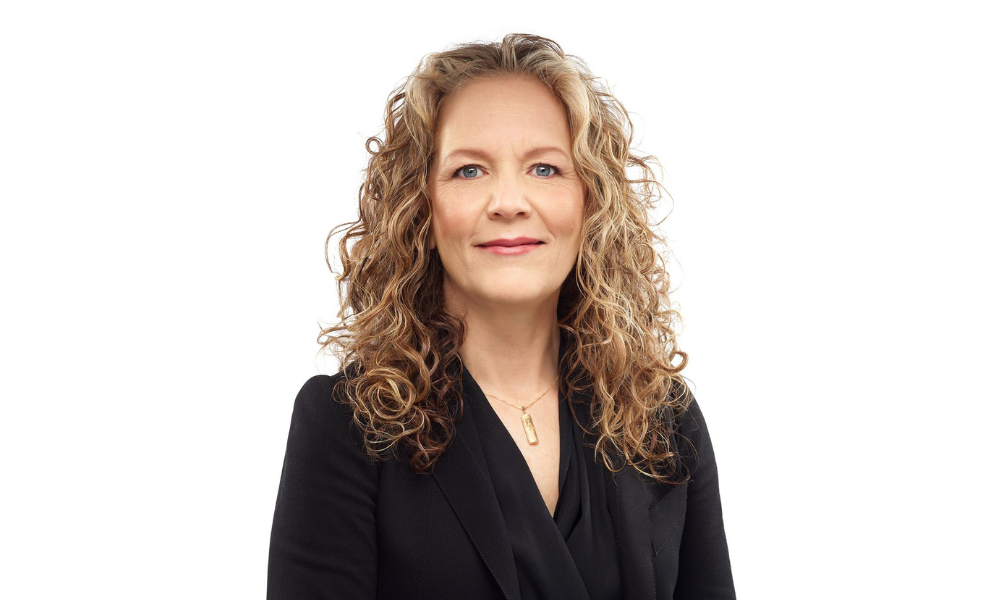Former Vice-Chair of Ontario Securities Commission Wendy Berman says voluntary system hasn't worked

The landscape for ESG disclosure is becoming increasingly complex as more governments and regulators move from a voluntary framework to one that is mandatory,” says Wendy Berman, a partner at McCarthy Tétrault and former Vice-Chair of the Ontario Securities Commission.
“I think the debate is over between mandatory and voluntary disclosure, despite the time that has been spent over the years debating the pros and cons of both,” says Berman. Her role at the firm includes providing strategic advice to companies on ESG (environment, sustainability, and governance) issues.
“The reason I think that the debate is over is that we’ve seen the result from the absence of mandatory frameworks, which clearly show the critical need for mandatory global baseline disclosures,” she says. “Because without it, you don’t have consistent and clear rules of the road for disclosure of sustainability-related risks and opportunities.”
In April, the federal government tabled a budget that included measures aimed at achieving a net-zero economy, as well as a promise to bring mandatory climate-related reporting requirements to federally regulated banks and insurance companies so that they identify and report on climate-related financial risks in accordance with the Task Force on Climate-related Financial Disclosures (TCFD) framework.
Although the guidelines will focus on reporting requirements for financial institutions, they are expected to have a wide-ranging effect. The budget document says that given federally regulated banks and insurers play a prominent role in shaping Canada’s economy, their assessments “will have a significant impact on how Canadian businesses manage and report on climate-related risks and exposures.”
Banks and other financial institutions will also collect climate risks and emissions reports from their clients – which means the companies they do business with will also need to make climate-related disclosures to access financing and other financial services.
Berman, who will be one of the speakers at the Canadian Lawyer’s ESG Summit on Oct. 12, emphasizes that disclosure is “so critical to ensuring we address a just transition to a net-zero economy.” Berman also points out that institutional shareholder demand for ESG information has pushed the “disclosure needle fairly far” but that this voluntary regime has “fallen short of ensuring kind of consistency, and comparability needed to provide decision-useful information for investors.”
As a way of comparing a voluntary disclosure regime for ESG to one that is mandatory, Berman points to a review of current climate-related disclosures done by the Canadian Securities Administrators. It shows that while more than 90 percent of issuers provided climate-related disclosures in voluntary reports, they used a variety of forms and frameworks.
The most common was in the form of a sustainability report. However, the CSA review showed that more than 40 percent of these issuers provided only “boilerplate, vague or incomplete” risk information, only two-thirds provided any qualitative discussion of the financial impacts and about a quarter did not address the financial impact of identified climate-risks at all.
“Importantly, none of these issuers said, here is the estimated quantitative financial impact of the risks that we’ve identified,” Berman says. “So, you can see that the voluntary route only took us so far.”
Without providing that information on ESG, a company “faces the risk of capital flight,” she says. However, Berman acknowledges the difficulty in coming up with a harmonized global disclosure framework system that recognizes unique community interests fairly, that is not “one size fits all” and deals with the rapidly evolving landscape of ESG frameworks and metrics. As well, any effective mandatory disclosure system ultimately needs to be a part of a global solution to ensure a just transition, she says.
While some industries may feel the impact of more ESG disclosure than others – like transportation, mining and energy, for example - Berman says that in the final analysis, all companies need a sustainability plan. There is “no company or industry sector out there” that won’t feel the impact of the climate-change, that won’t need to look at their business through “a sustainability lens and embed meaningful governance processes to assess and manage short, medium and long-term ESG-related risks and opportunities that may impact corporate strategy and enterprise value.”
Berman also says that once an ESG plan is in place, companies should “proactively engage with their stakeholders.” Regulators, institutional shareholders, and customers “are watching the response to sustainability-related risks and opportunities, and they are tracking performance against what you say you’re going to do, what you actually do, and what your peers are doing.”
Berman points out that so-called “greenwashing” – when an organization misrepresents its sustainability-related practices or the sustainability-related features of its products or services - is becoming a “very large risk” in the capital markets.
Regulators are going after companies for greenwashing, with the SEC in the United States even setting up an enforcement unit to deal with climate change and greenwashing. Berman adds that greenwashing also creates the risk of a company facing class action suits.
Firms need to embrace the opportunity, she adds. “Instead of wringing our hands in dismay, you can embrace the opportunities from applying the ESG lens throughout your enterprise – it’s an exciting, rapidly evolving area, with opportunities to lead and you are not alone.”










